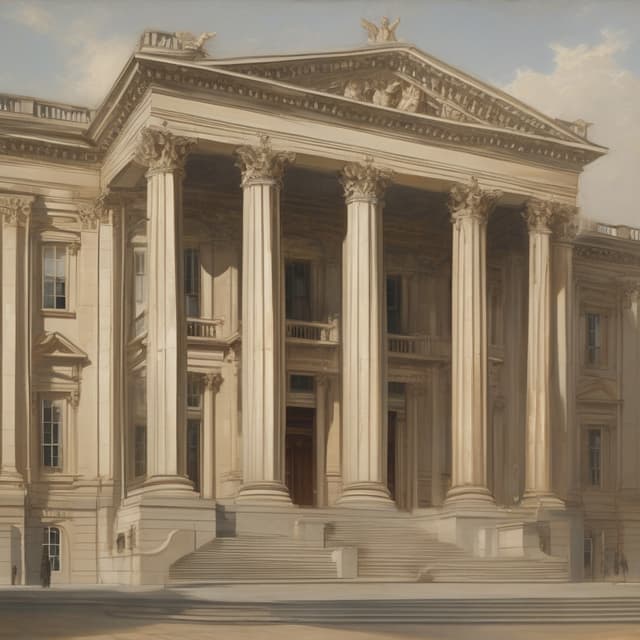
| Capital | |
| Demonym | English |
| Currency | |
| Military | |
| Succeeded | |
| Established | 1812 |
| Largest city | |
| Official name | Republic of England |
| Government type | Unitary presidential republic |
| National anthem | "God Save the President" |
| National language | |
| Predecessor state |
The Republic of England is a unitary presidential republic that was established in 1812 after a successful republican revolution overthrew the British monarchy. Maintaining most of the former British Empire, the Republic industrialized rapidly in the 19th century to become a global economic and military power. While sharing some cultural traditions with its monarchical predecessor, the Republic has developed a distinct national identity, constitution, and political system over the past two centuries.
By the early 19th century, growing calls for parliamentary reform, the rising industrial working class, and the loss of the American Thirteen Colonies had severely weakened the power and legitimacy of the British Hanoverian monarchy. A series of protests, riots, and armed uprisings coalesced in 1812 into an organized republican movement that swept across the United Kingdom.
In August 1812, republican forces seized control of London and forced King George III to abdicate. A new constitution was rapidly drafted, establishing a presidential system of government with a directly-elected chief executive and a bicameral legislature. This Republic of England was recognized by most British colonies and dependencies, which joined the new state.
The Republic of England has a presidential system of government, with a directly-elected President serving as the head of state and head of government. The President appoints a cabinet of ministers who oversee the various executive departments.
The legislative branch is a bicameral Parliament, consisting of an upper Senate and a lower House of Commons. Senators are indirectly elected by the state legislatures, while Commons members are elected directly by the people through a system of single-member districts.
The Supreme Court serves as the highest judicial authority, with judges appointed by the President and confirmed by the Senate. The Court has the power of judicial review to determine the constitutionality of laws.
Elections in the Republic are highly contested, with a multi-party system dominated by a center-left Republican Party and a center-right Loyalist Party. Other smaller parties representing regional, ideological, and single-issue interests also play a role.
Unencumbered by the aristocratic and mercantilist restrictions of the former monarchical system, the Republic of England embraced laissez-faire capitalism and industrialization with zeal in the 19th century. Major investments in railroads, canals, factories, and mining enabled rapid economic growth fueled by domestic resources and the colonial empire.
By the late 1800s, the Republic had surpassed France and the German states to become the world's leading industrial power. Major centers of manufacturing, finance, and commerce emerged in cities like London, Manchester, Birmingham, and Liverpool. The economy was dominated by large joint-stock corporations in industries like textiles, steel, shipbuilding, and coal.
The wealth generated by industrialization enabled the Republic to project significant military power globally, maintaining the former British Empire and vying with other rising powers like the United States for geopolitical influence.
While the Republic shares many cultural traditions and the English language with its monarchical predecessor, it has developed a distinct national identity and ethos over the past two centuries. Republicanism, meritocracy, and a belief in individual liberty are seen as core national values.
The arts, architecture, and intellectual life of the Republic have a more egalitarian, progressive flavor compared to the aristocratic aesthetics of the former monarchy. Republican heroes like revolutionary leader John Cartwright, inventor Richard Trevithick, and author Mary Shelley are widely revered.
The national flag features a red cross on a white background, a simplified version of the former Union Jack. The national anthem, "God Save the Republic," retains the melody but with rewritten lyrics celebrating republican ideals.
While some cultural divisions and regional identities remain, a strong sense of English republicanism has largely supplanted older monarchist or class-based loyalties. The Republic's institutions, symbols, and traditions are seen as a point of national pride.